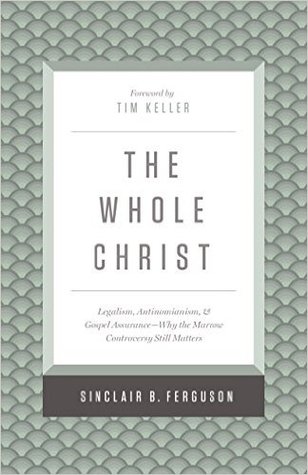Rating: 4 out of 5 stars
If there’s one term that describes contemporary cultural interaction, it would be this: affirmation. The constant cultural refrain is be ‘affirming’ of other people and their feelings. From advertising slogans to Instagram picture captions, there is a perpetual cult of affirmation.
In You’re Not Enough, Allie Stuckey helps the reader in “escaping the toxic culture of self – love”. In particular, this book is mostly aimed at women (towards whom Stuckey recognises this culture of self – love is primarily directed) and the specific contexts in which this culture of affirmation manifests. However, the assumptions of the myths of the culture of self – love that Stuckey analyses goes much deeper and is applicable to almost every area of society.
There are five central myths that Stuckey helps to deconstruct. The common theme through these myths is that the culture of self – love encourages people (especially young women) that the root of their anxieties, insecurities, and shortcomings is that they do not realise that they are self – sufficient, definers of their own truth, and entitled to achieve their goals. It is their “truth” that needs to be believed and that everything they are and feel is “valid”.
This insidious message is notably paradoxical: ourselves cannot be both our problem and our solution. The culture of affirmation sees the solution to all our insufficiencies in self – love, self – affirmation, and self – defined truth. In fact, one may wonder when the current generation of young women that is most entrenched in this culture of self – love and affirmation is experiencing the highest recorded levels of mental health issues.
From a biblical perspective, looking inwards is never a cure for our insufficiencies; we must look outwards, beyond ourselves, and ultimately to Christ. We are not “enough” because we are not self – sufficient. We were made for communion with God. As Augustine famously said “Thou hast made us for thyself, O Lord, and our hearts are restless until they find your rest in thee.” Moreover, we are not “perfect the way we are”; in fact, we are destitute and sinful the way we are. The solution to our sinful nature is not another dose of introspection and self – love (which often borders on self – obsession) but the person and work of Jesus Christ. Simply put: we are not enough, but he is. As Stuckey comments, recognising the fact that we are not enough is an important step in understanding how to improve our condition. Coming to the end of ourselves leaves us clinging more and more to our saviour.
One particular obstacle the culture of self – love places in our way is the ceaseless proclamation that our feelings are always ‘valid’. In fact, this is not the case and it prevents us seeing when our feelings are actually the result of sinful actions on our parts. To be continually told that what we think and feel is valid, is the erase the category of sinful thoughts and is thus detrimental in our sanctification. God has given us a conscience to hold our moral conduct (including our thoughts) accountable. Therefore, consuming messages from social media influencers who perpetually inform us that our feelings are always valid actively represses and blunts our ability to deduce our own sinfulness. We become desensitised to our sin and thus become more prone to continue in it.
Despite these excellent critiques of the culture of self – affirmation, what prevents this book on being a 5 star work is Stuckey’s penchant for unnecessary political tangents. There were a view comments she makes about particular political positions she is well – known for holding that do not add, but detract, from the point she is trying to make. This is most notable in part 2, when Stuckey examines the “you determine your truth” myth.
Political comments aside, Stuckey’s book is certainly worth reading for those under the influence of these types of messages. To struggle with insecurities, anxieties, and insufficiencies is human; to feed our sick souls with a diet of introspection and falsehoods about our own perfection is not a cure. Instead, we ought to look away from ourselves and to the finished work of Christ to enable us, not to love ourselves more, but to love and serve others better.


